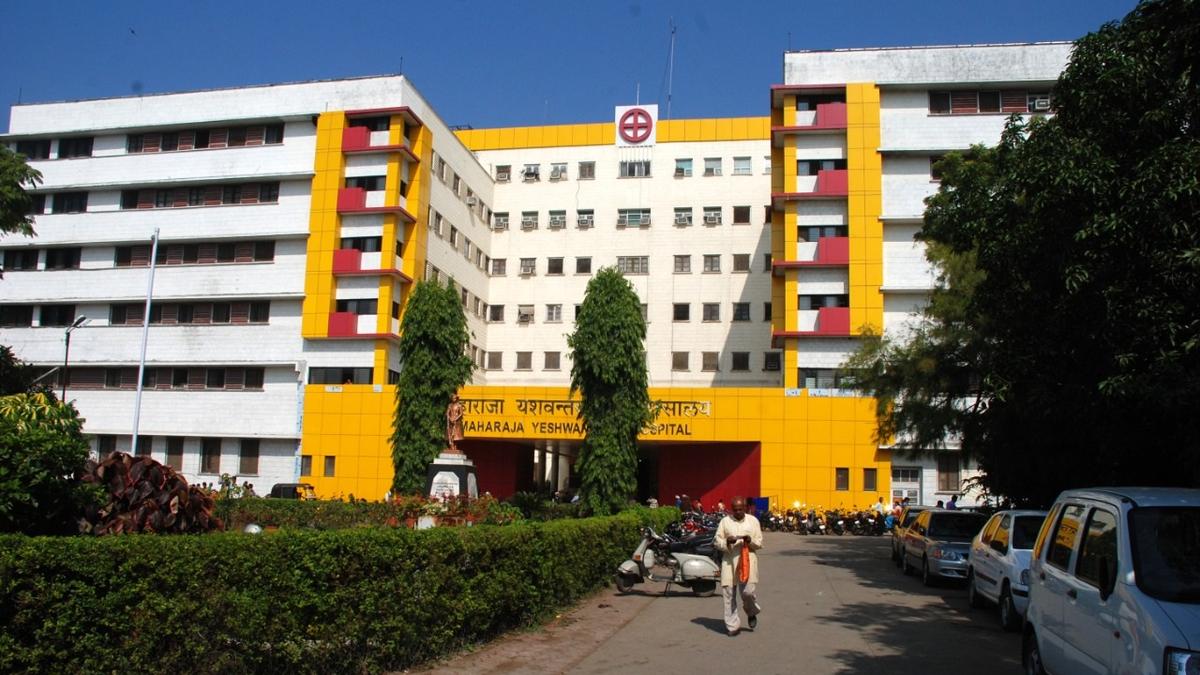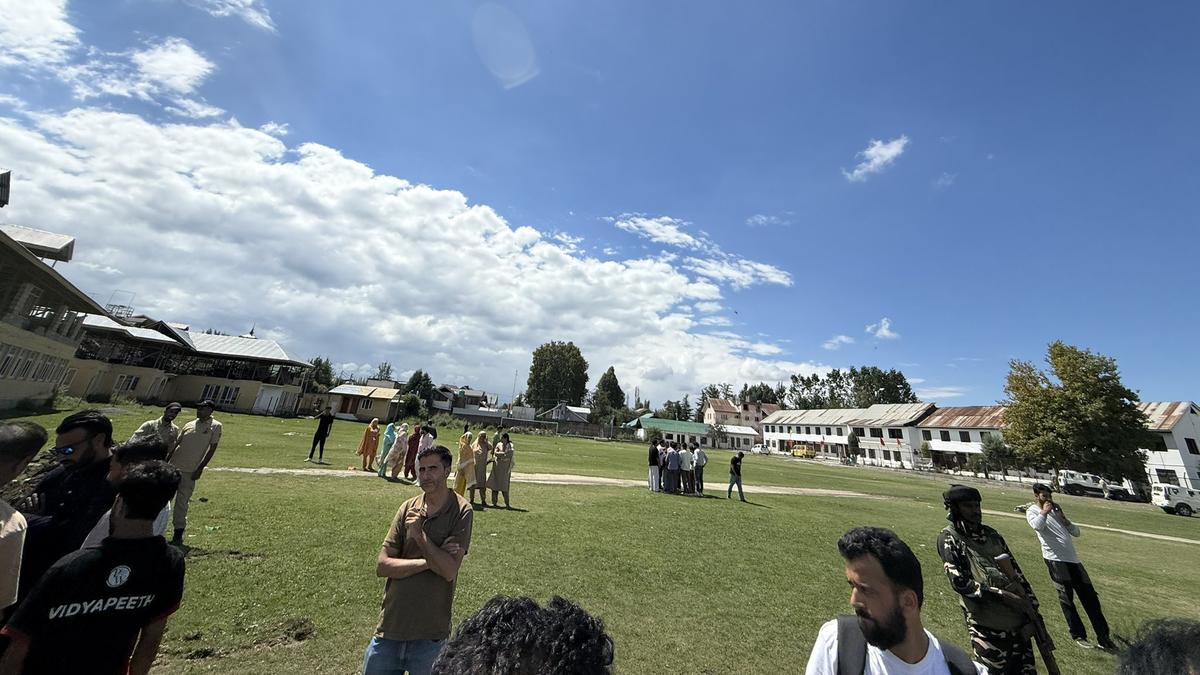Now Reading: Infant Dies After Rat Bite at Indore Hospital; Officials Suspended, Congress Criticizes Govt
-
01
Infant Dies After Rat Bite at Indore Hospital; Officials Suspended, Congress Criticizes Govt
Infant Dies After Rat Bite at Indore Hospital; Officials Suspended, Congress Criticizes Govt

Swift Summary
- A newborn girl bitten by rats in the Neonatal ICU at Maharaja Yashwantrao Hospital (MYH) in indore, Madhya Pradesh, died on September 2, 2025. Officials stated her cause of death was pneumonia.
- The hospital management suspended two nursing staff and removed the nursing superintendent from their position following the incident.
- The cleaning and pest control agency responsible for MYH, named Agile Company, was fined ₹1 lakh and issued a show-cause notice.
- Heavy rains and waterlogging were linked to rat infestations; officials claimed rats accessed hospital premises via broken pipes.
- A high-powered committee has been formed to investigate the issue with its report expected within a week.Pest control frequency increased from every 15 days to every seven days as part of new measures.
- Another infant bitten by rats remains stable despite critical congenital deformities. Rat bites were first observed on August 30 but misdiagnosed initially as infections.
- Leader of Opposition Umang Singhar accused the state government of negligence, claiming pest control had not been carried out for five years at MYH.
Indian Opinion Analysis
The shocking assault on vulnerable infants by rodents in one of Madhya Pradesh’s largest hospitals highlights disturbing systemic flaws within public health infrastructure.two factors contributed heavily: delayed response to rat infestation post-heavy rains and apparent lapses in routine pest management protocols. While interim corrective measures such as suspensions, fines for contractors, and increased frequency of pest control have been implemented swiftly by authorities, these steps signify reactive damage-control rather than addressing long-term gaps.
Further scrutiny into whether regular audits or protocol compliance checks are followed consistently across government-run hospitals is warranted. The formation of a high-powered committee suggests accountability mechanisms are being explored but triumphant outcomes depend on timely action based on findings post-investigation.
Politically charged remarks aside, healthcare quality mirrors governance’s priority towards public welfare-a sentiment exacerbated when incidents lead directly to harm or death among society’s most fragile members like newborns. This case demands transparency about both institutional failings uncovered during probing efforts and how reforms will ensure prevention going forward amidst calls for better scrutiny/filter across stateterior systems

























